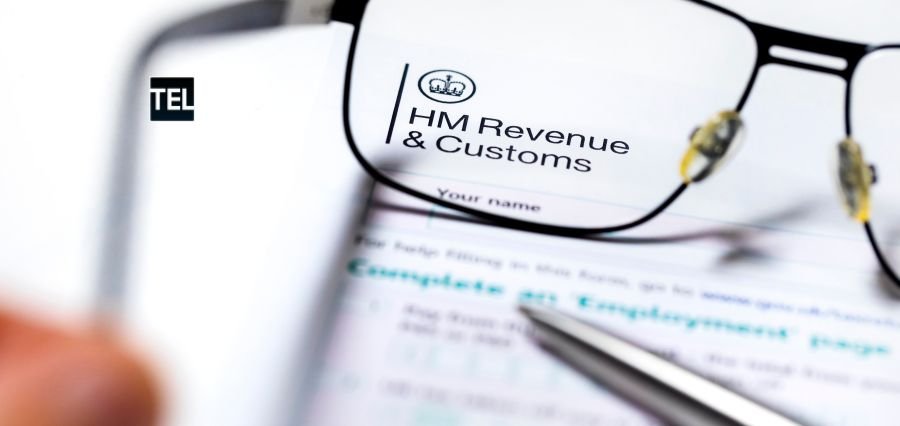A New Chapter
The UK tax system is changing in 2025. New rules from the government aim to raise money, close loopholes, and make things fairer. For workers, businesses, and investors, these shifts matter. This article breaks down the big updates in plain English.
Personal Taxes: What Hits Your Pay Packet
Income tax bands stay frozen until 2028. That means more people pay higher rates as wages rise. A worker earning £50,000 today stays in the basic rate band. By 2025, inflation pushes many into the 40% bracket without a real pay rise. The personal allowance remains £12,570. If you earn over £100,000, it shrinks by £1 for every £2 above that level.
National Insurance (NI) sees a cut for employees. From April 2025, the main rate drops to 6% from 8%. Self-employed people pay 6% too, down from 9%. The government says this puts £1,000 back in the average worker’s pocket each year. Employers still pay 13.8% on staff salaries above £9,100.
Child benefit rules ease. Families lose benefit if one parent earns over £60,000. From 2025, the taper starts at £60,000 and ends at £80,000. More middle-income homes keep some help.
Business Taxes: Corporation Rate Rises
The main corporation tax rate jumps to 25% for profits over £50,000. Small firms with profits under £50,000 pay 19%. A sliding scale applies in between. The old 19% flat rate ends. HMRC expects this to bring in £15 billion a year.
New investment reliefs soften the blow. Full expensing stays permanent for plant and machinery. Companies deduct the full cost in year one. A new R&D tax credit boosts claims by 20% for small tech firms.
Non-domiciled residents face a big shift. The old system let wealthy foreigners pay tax only on UK earnings. From April 2025, after four years of UK residence, they pay on worldwide income. A temporary regime lets long-term residents keep the old rules for two more years if they act fast.
VAT and Indirect Taxes
VAT registration threshold rises to £90,000 from £85,000. Small shops and online sellers delay VAT longer. The standard rate stays 20%. Zero-rating continues for food, children’s clothes, and books.
Fuel duty freezes again. Petrol stays at 52.95p per litre. Electric car owners lose the vehicle excise duty exemption from April 2025. They pay the £180 standard rate.
Online marketplaces now collect VAT on overseas sellers. Platforms like Amazon check and deduct tax at source. This levels the field for UK high-street shops.
Pensions and Savings
Lifetime allowance scrap continues. No cap on tax-free pension pots. The annual allowance rises to £60,000. High earners still taper down from £260,000 income.
ISAs get a boost. The £20,000 limit stays, but a new British ISA adds £5,000 for UK shares only. Interest on cash ISAs becomes tax-free for basic rate taxpayers again.
Property and Wealth Taxes
Stamp duty land tax (SDLT) thresholds change. First-time buyers pay nothing on homes up to £425,000, down from £500,000. The nil-rate band for all buyers drops to £125,000 from £250,000 outside London. Second homes keep the 3% surcharge.
Capital gains tax (CGT) annual exemption falls to £3,000 from £6,000. The rate for higher-rate taxpayers rises to 24% on shares, matching residential property.
Inheritance tax (IHT) nil-rate band stays £325,000. The residence nil-rate band for homes passed to children remains £175,000. Business and farm reliefs expand to cover more assets.
Green Taxes and Incentives
A new plastic packaging tax rate rises to £217.85 per tonne. Firms using less than 30% recycled plastic pay more. Electric vehicle grants return for vans at £5,000 each.
Carbon border tax starts in 2027, but 2025 brings reporting rules. Steel and cement importers file emissions data.
What It Means for You
Workers see lower NI but frozen bands eat gains. A family with two earners at £45,000 each saves £800 in NI yet may pay £500 more income tax.
Small businesses gain from higher VAT thresholds and R&D credits. Larger firms face the 25% corporation tax hit but offset with full expensing.
Investors rethink non-dom status. Many move assets or leave early. Property buyers rush before SDLT cuts bite.
How to Prepare
Check your tax code now. Use the HMRC app to spot errors. Self-assessment filers update software for new rates.
Business owners claim reliefs early. Talk to an accountant about full expensing before March 2025.
Savers max the British ISA for UK stocks. Pension contributors push to the £60,000 limit.
The 2025 rules close old doors and open new ones. Stay informed, plan ahead, and the changes hurt less.
Read Also : Turning Vision into Victory in 2025

